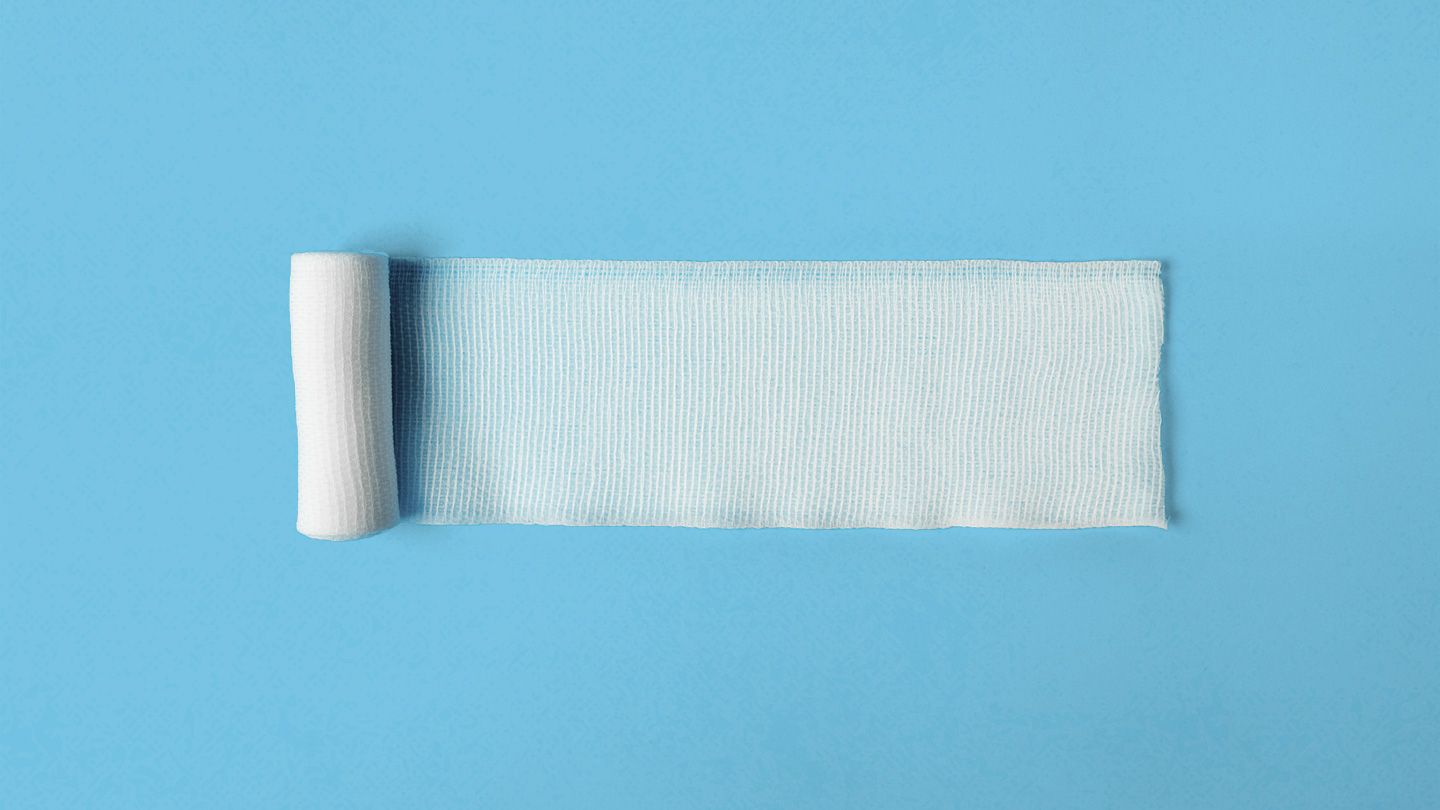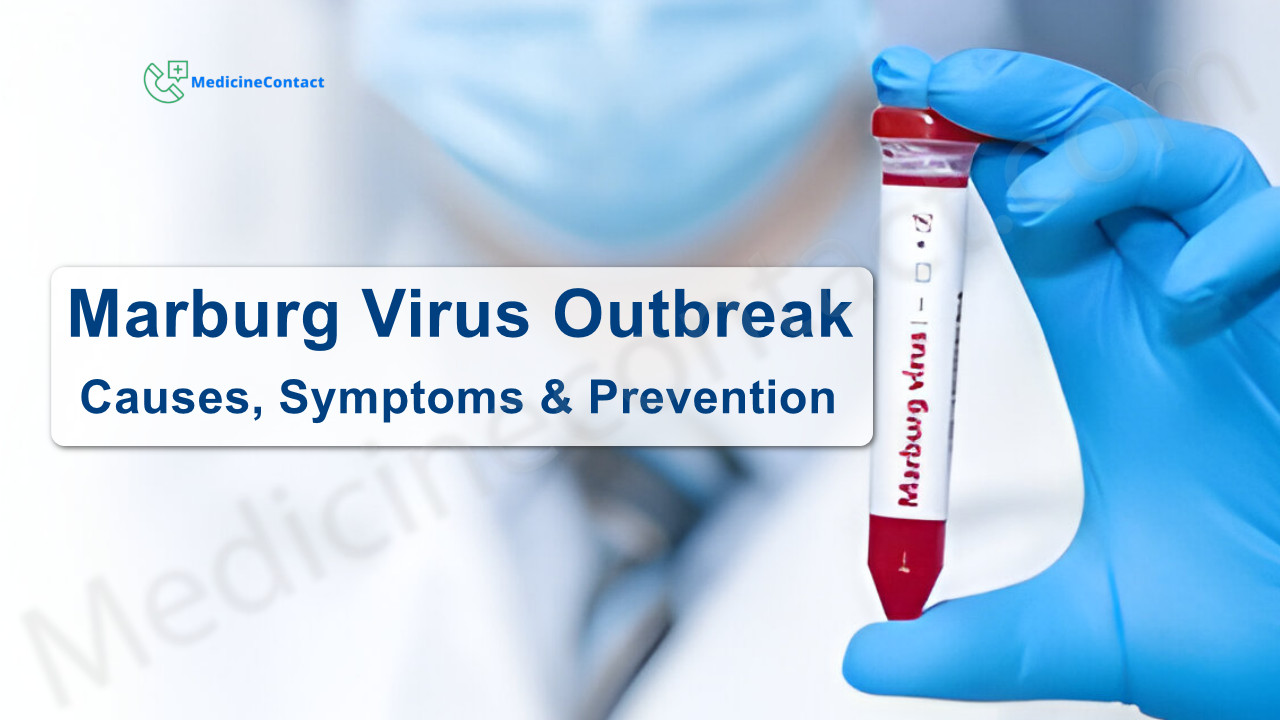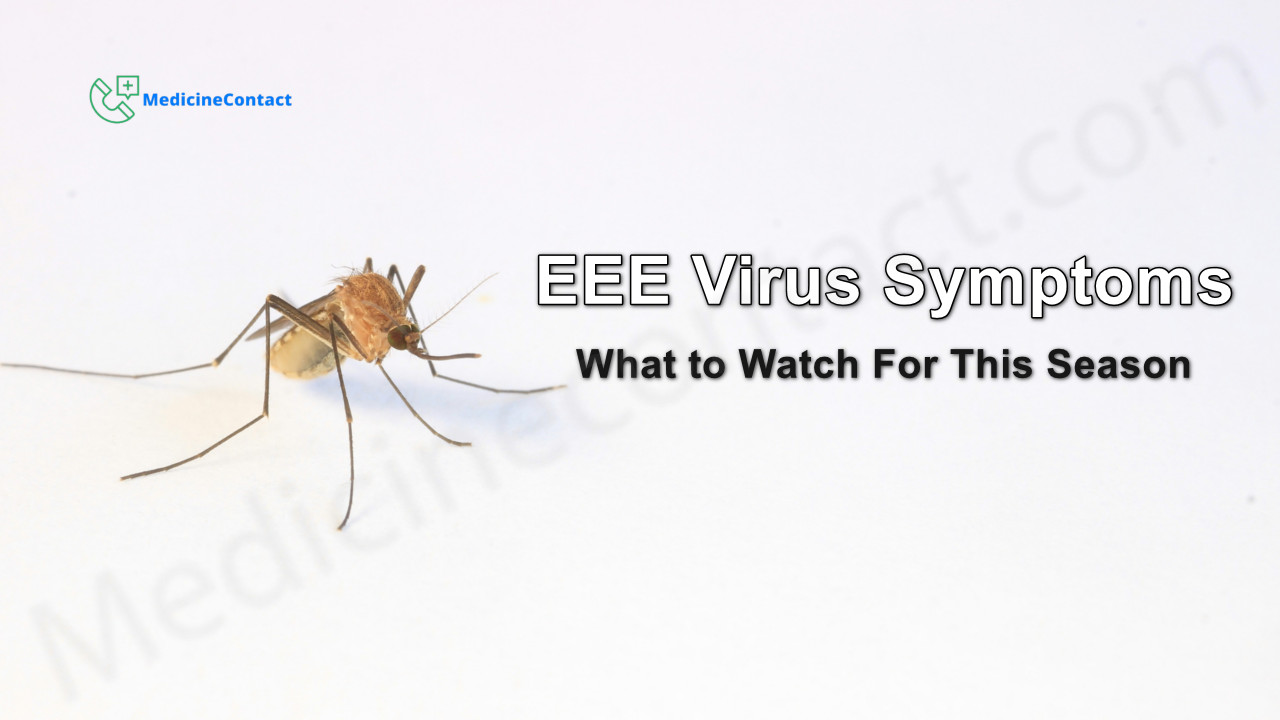
Gunshot Wound to the Head: Causes, Effects, and Emergency Treatment
A gunshot wound to the head is an extremely traumatic injury that requires immediate emergency medical care. Speedy transport to a hospital and proper first aid at the scene can make the difference between life and death.
What Causes a Gunshot Wound to the Head?
A gunshot wound to the head occurs when a bullet fired from a gun strikes a person's head or brain. This may result from:
- Suicide attempt
- Accidental shooting
- Homicide/assault
- Stray bullet from another location
At close range, today's high-velocity bullets can easily penetrate the skull and brain. The entry wound is usually small, but the internal damage can be massive, especially if the bullet ricochets around inside the skull.
Effects and Damage Caused by a Head Gunshot
The specific effects of a gunshot to the head depend on the caliber of weapon, distance, bullet pathway, and area of the brain impacted. Possible damage includes:
- Skull fractures - Broken skull bones from the bullet's entry.
- Hemorrhaging - Severe internal bleeding from torn blood vessels.
- Brain matter destruction - Physical destruction of brain tissue along the wound path.
- Concussion - Traumatic injury to the brain from the bullet's shockwave.
- Cerebral swelling - Dangerous inflammation compressing the brain.
This structural damage can produce extensive functional impairment based on the brain regions affected. A head gunshot may cause:
- Paralysis
- Loss of coordination
- Visual deficits
- Speech/language deficits
- Memory loss
- Cognitive impairment
- Personality changes
Is a Gunshot to the Head Fatal?
Gunshot wounds to the head have a very high mortality rate. Whether the injury is survivable depends on:
- Entry point - Middle and front areas are more survivable.
- Bullet pathway - Some areas like the brain stem are likely fatal.
- Amount of brain matter destroyed - More than 50% often leads to death.
- Proximity to major blood vessels - May cause uncontrollable bleeding.
- Severity of swelling - Increased intracranial pressure is dangerous.
- Timeliness of treatment - Speedy first aid and surgery is critical.
Upwards of 90% of gunshot wounds to the head result in death. However, entry under the chin, to the temple, or grazing wounds increase survival chances. Proper emergency response can save lives in otherwise fatal injuries.
Emergency First Aid for a Head Gunshot Wound
Providing immediate first aid while awaiting emergency medical services can improve outcomes in head gunshot injuries. Steps include:
- Call 911 - Activate EMS immediately.
- Positioning - Keep the head elevated at least 30 degrees if possible.
- Pressure - Use gloved hands or cloth to apply firm pressure to visible wounds.
- Breathing - Check airway and breathing; give rescue breaths if needed.
- Bandage - Once bleeding controlled, wrap wounds with a cling bandage.
- Treat for shock - Keep warm but don't overheat; stabilize neck/head.
Do not remove any embedded bullet fragments. Seek care for blood on ears/nose which can signal brain hemorrhaging.
Emergency Department Treatment
At the hospital, urgent steps will be taken to save the patient's life and minimize brain damage. These may include:
- Airway - Endotracheal intubation and oxygenation.
- Fluids - IV fluids and blood transfusions.
- Monitoring - Vital signs, intracranial pressure, oxygen levels.
- Tests - X-ray, CT scan to locate bullet and assess damage.
- Surgery - Operation to stop bleeding and remove fragments.
- Medications - Antibiotics, drugs to reduce brain swelling.
- Supportive care - Treating ensuing complications and organ damage.
Factors Affecting Recovery and Outlook
Those who survive a traumatic head gunshot wound face a difficult recovery period. Their prognosis depends on factors like:
- Age - Younger individuals have greater resilience and regenerative capacity.
- Pre-existing health - Underlying conditions may complicate recovery.
- Bullet trajectory - Some areas like the brain stem have worse prognoses if impacted.
- Timing of care - Faster treatment leads to better outcomes.
- Neurological damage - The type and extent affects disability and function.
- Complications - Infections and organ damage can affect healing.
- Rehabilitation - Early therapy improves capability and independence.
While full recovery is unlikely, concentrated inpatient rehabilitation can help patients regain function to the fullest extent possible. Supportive psychotherapy also aids in coping with trauma.
Long-Term Effects of Brain Gunshot Injuries
Devastating neurological deficits often persist long after the initial injury, requiring extensive care. Potential long-term effects include:
- Motor deficits - Weakness, coordination issues, paralysis.
- Seizures - More likely with severe penetrating wounds.
- Cognitive impairment - Problems with memory, concentration, judgement, reasoning.
- Speech/language deficits - Aphasia, dysarthria.
- Emotional disorders - Depression, anxiety, personality changes.
- Vegetative state - Unresponsive wakefulness after extensive damage.
- Chronic pain - Headaches, neck pain.
These issues require extensive medical care, therapy, and lifestyle adjustments. Counseling and peer support are also beneficial for managing psychological trauma.
Conclusion
Gunshot wounds to the head demand immediate emergency care and carry a high risk of death. However, rapid first aid response and transport to obtain neurosurgical intervention as quickly as possible gives victims their best chance at survival.
Recovery is variable depending on the bullet's path and neurological structures affected. Rehabilitation helps patients regain function. While disability is common, support services can enhance quality of life despite permanent effects.
Public efforts to curb gun violence remain critical to preventing such catastrophic injuries and loss of life from firearms discharging bullets at high velocities - especially at the vulnerable human head and brain.
FAQs
How lethal are gunshot wounds to the head?
Over 90% of gunshot wounds to the head result in death. Proximity to critical structures like the brain stem increases lethality. However, quick first aid can save some patients.
What first aid is needed for a head gunshot wound?
Steps include calling 911, applying pressure to stop bleeding, maintaining airway and breathing, keeping the head elevated, treating for shock, and bandaging wounds.
What medical procedures are done to treat a head gunshot?
Urgent treatments include airway intubation, IV fluids/transfusions, neuroimaging tests, surgery to stop bleeding and remove fragments, medications, and intensive care.
What affects the prognosis and recovery?
Age, pre-existing health, bullet trajectory, timing of care, extent of brain damage, rehabilitation, and complications influence the prognosis and recovery process.
What long-term effects can result from a head gunshot injury?
Common long-term effects include motor deficits, seizures, cognitive impairment, speech/language deficits, vegetative state, chronic pain, and emotional/psychological issues.
Disclaimer: This article is for informational purposes only and does not constitute medical advice. Always consult with a healthcare professional before starting any new treatment regimen.




